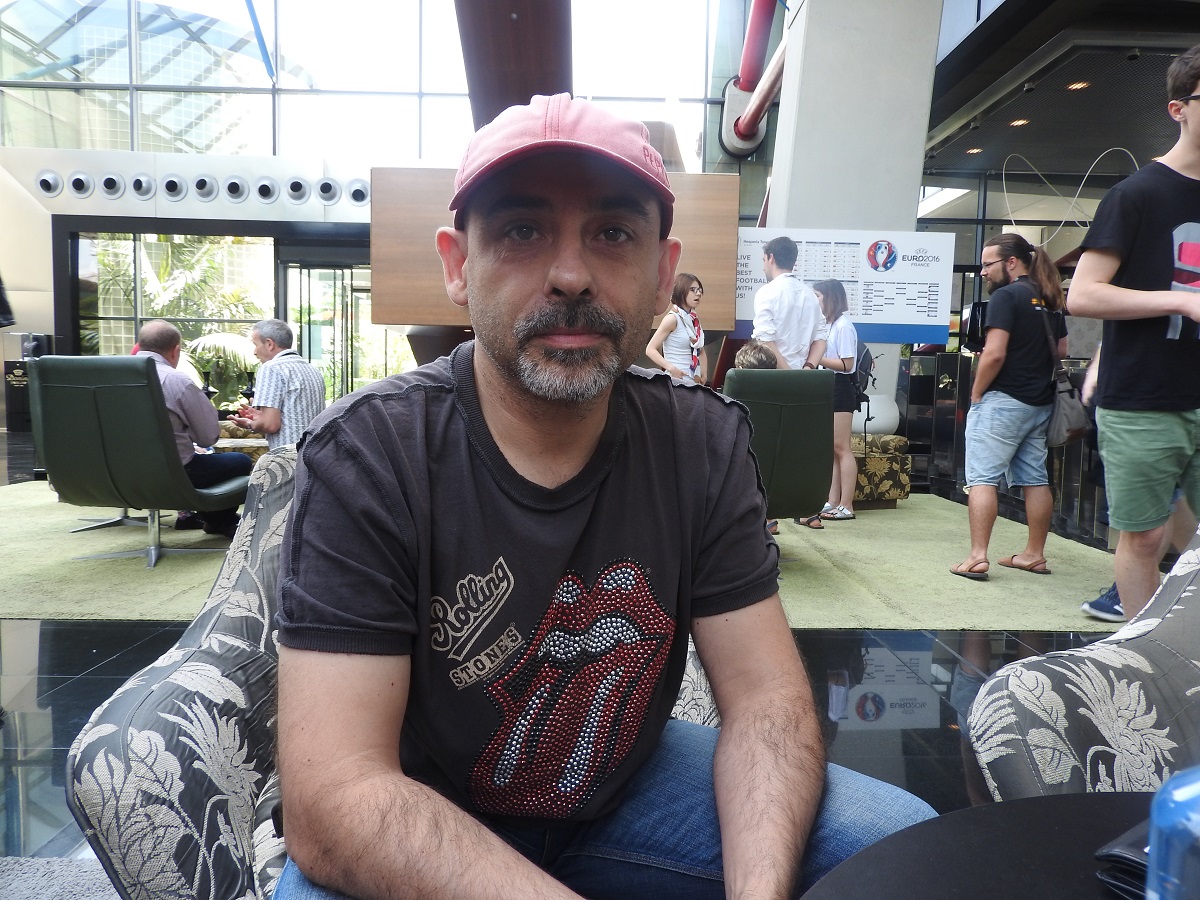Spanish game studio MercurySteam Entertainment has been making console and PC games since the early 2000s. Its credits include the failed American McGee Presents: Scrapland to the successful Castlevania: Lords of Shadow series.
Now the Madrid company cofounded by Enric Alvarez is striking out on its own with the independently created Raiders of the Broken Planet. The title is a narrative-based adventure third-person shooter game inspired by The Magnificent Seven film. You can play the game solo or with up to three other cooperative players. Or you can join the bad guys in a multiplayer session and take out four rivals at once. It’s a different kind of shooter, and it may have what it takes to survive in the cutthroat games business.

Unlock premium content and VIP community perks with GB M A X! Join now to enjoy our free and premium perks.
Join now →
Sign in to your account.

